Water quality analyzer
Key words:
Uses of Water Quality Analyzer
In environmental protection and water resource management, Water Quality Analyzer plays a vital role.
Key words:
Enhancing Water Safety Exploring Water Quality Analyzers
Water quality analyzers are advanced technological devices that play a crucial role in monitoring and ensuring the safety of water sources. Through precise and accurate analysis, these analyzers assess the chemical, physical, and biological characteristics of water, providing essential information for water treatment, environmental protection, and public health. This article delves into the features and benefits of water quality analyzers and their significance in maintaining water quality standards.
Key words:
Water Quality Analyzer A Comprehensive Solution for Water Testing
Water is a vital resource for the sustenance of life on Earth, and its quality is of utmost importance for human well-being and ecological balance. To ensure safe and healthy water for various purposes, such as drinking, agriculture, and industry, the need for effective water quality analysis has become increasingly significant. In this article, we explore the capabilities and benefits of Water Quality Analyzer, a cutting-edge solution offered by INESAREX for accurate and efficient water testing.
Key words:
Water Quality Analyzer A Comprehensive Solution for Monitoring Water Quality
Water is an essential resource for all living organisms, and ensuring its purity and quality is crucial for public health and environmental sustainability. With the increasing demand for clean water, water quality testing has become an integral part of water management systems.
Key words:
How a water quality analyzer works
The water quality analyzer mainly uses the ion selective electrode measurement method to achieve accurate detection. Electrodes on the instrument: pH, fluorine, sodium, potassium, calcium, magnesium, and reference electrodes.
Key words:
Latest Products
Latest News

PRECISION PERFECT
Contact Us
-
Tel:0086-021-39506429/39506392
Mail:info@lei-ci.com
-
Fax: 0086-021-39506398

 Contact
Contact E-mail
E-mail
